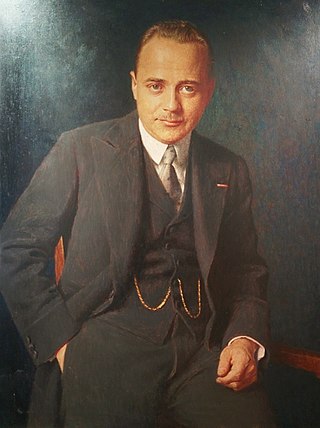
Engelbert Dollfuß was an Austrian politician who served as Chancellor of Austria between 1932 and 1934. Having served as Minister for Forests and Agriculture, he ascended to Federal Chancellor in 1932 in the midst of a crisis for the conservative government. This crisis culminated in the Self-elimination of the Austrian Parliament, a coup sparked by resignation of the presiding officers of the National Council. Suppressing the Socialist movement in the Austrian Civil War and later banning the Austrian Nazi Party, he cemented the rule of Austrofascism through the First of May Constitution in 1934. Later that year, Dollfuss was assassinated as part of a failed coup attempt by Nazi agents. His successor Kurt Schuschnigg maintained the regime until Adolf Hitler's Anschluss in 1938.

Braunschweig or Brunswick is a city in Lower Saxony, Germany, north of the Harz Mountains at the farthest navigable point of the river Oker, which connects it to the North Sea via the rivers Aller and Weser. In 2016, it had a population of 250,704.
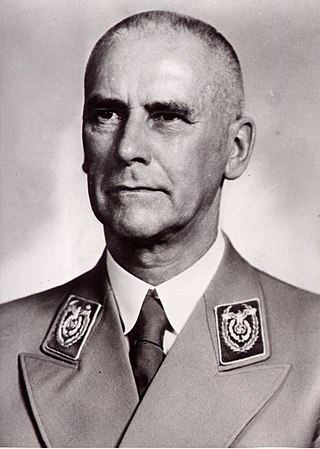
Wilhelm Frick was a convicted war criminal and prominent German politician of the Nazi Party (NSDAP) who served as Minister of the Interior in Adolf Hitler's cabinet from 1933 to 1943 and as the last governor of the Protectorate of Bohemia and Moravia.

Braunau am Inn is a town in Upper Austria on the border with Germany. It is known for being the birthplace of Adolf Hitler.
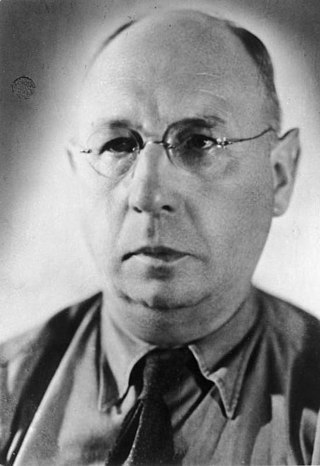
Dr. Hermann Louis Brill was a German resistance fighter, doctor of law and politician (SPD).

Johann Ludwig "Lutz" Graf Schwerin von Krosigk was a German senior government official who served as the minister of finance of Germany from 1932 to 1945 and de facto chancellor of Germany during May 1945.

Hans Krebs was an ethnic German born in Moravia who was an ardent German nationalist who emigrated to Nazi Germany. He joined the Nazi Party, was elected to the Reichstag and was appointed a Regierungspräsident in the Sudetenland. He was also a member of the SS, rising to the rank of SS-Brigadeführer. In 1947, Krebs was executed in Prague for high treason by the Czechoslovak Republic.

Presidential elections were held in Germany on 13 March 1932, with a runoff on 10 April. Independent incumbent Paul von Hindenburg won a second seven-year term against Adolf Hitler of the Nazi Party (NSDAP). Communist Party (KPD) leader Ernst Thälmann also ran and received more than ten percent of the vote in the runoff. Theodor Duesterberg, the deputy leader of the World War I veterans' organization Der Stahlhelm, ran in the first round but dropped out of the runoff. This was the second and final direct election to the office of President of the Reich, Germany's head of state under the Weimar Republic.

Adolf Hitler was an Austrian-born German politician who was the dictator of Nazi Germany from 1933 until his suicide in 1945. He rose to power as the leader of the Nazi Party, becoming the chancellor in 1933 and then taking the title of Führer und Reichskanzler in 1934. During his dictatorship, he initiated the European theatre of World War II by invading Poland on 1 September 1939. He was closely involved in military operations throughout the war and was central to the perpetration of the Holocaust: the genocide of about six million Jews and millions of other victims.

Adolf Hitler's rise to power began in the newly established Weimar Republic in September 1919 when Hitler joined the Deutsche Arbeiterpartei. He rose to a place of prominence in the early years of the party. Being one of its most popular speakers, he was made the party leader after he threatened to otherwise leave.

Dietrich Klagges was a Nazi Party politician and from 1933 to 1945 the appointed premier (Ministerpräsident) of the now abolished Free State of Brunswick. He also went by the pseudonym Rudolf Berg.

Theodor Dannecker was a German SS-captain, a key aide to Adolf Eichmann in the deportation of Jews during World War II.
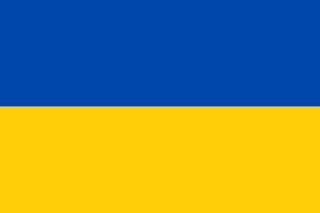
The Free State of Brunswick was a state of the German Reich in the time of the Weimar Republic. It was formed after the abolition of the Duchy of Brunswick in the course of the German Revolution of 1918–19. Its capital was Braunschweig (Brunswick). In 1933 it was de facto abolished by Nazi Germany. The free state was disestablished after the Second World War in 1946.

Anti-Jewish legislation in pre-war Nazi Germany comprised several laws that segregated the Jews from German society and restricted Jewish people's political, legal and civil rights. Major legislative initiatives included a series of restrictive laws passed in 1933, the Nuremberg Laws of 1935, and a final wave of legislation preceding Germany's entry into World War II.

The Academy for Youth Leadership was a Hitler Youth (HJ) leadership school in Braunschweig. It was the highest Nazi training facility for the training of full-time junior executives for Hitler Youth during the Nazi era. It was built between 1937 and 1939. Today, the Braunschweig College for Adult Education and the Abendgymnasium Braunschwieig are housed in this building.
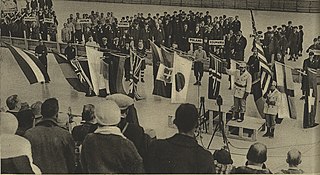
The following events occurred in February 1932:

Heinrich Jasper was a German politician (SPD). During the 1920s, he served three terms as regional prime minister (Ministerpräsident) of the Free State of Brunswick. He died in the Bergen-Belsen concentration camp.
Werner Küchenthal was a German jurist and public official who became a leading politician in what was then the Free State of Brunswick .
Willy Marschler was a German Nazi Party politician who served as one of the first two Nazis to hold ministerial office in a German State. He went on to be the Minister-President of Thuringia through most of the Third Reich.

Johannes (Hans) Pfundtner was a German lawyer and civil servant whose career spanned the German Empire, the Weimar Republic and Nazi Germany. During the Nazi era, he was the senior State Secretary in the Reich Interior Ministry and was involved in drafting the Nuremberg Laws. He committed suicide towards the end of the Second World War in Europe.





















